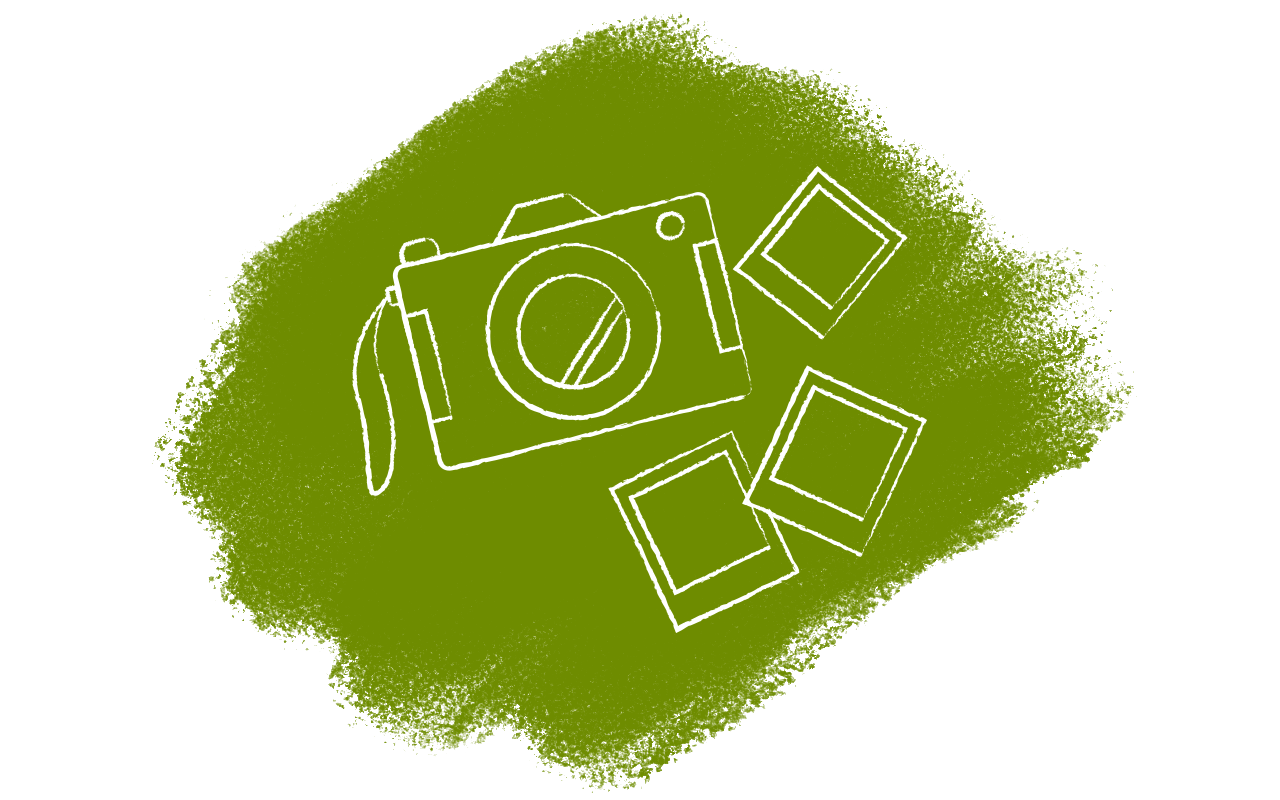Refugees in Morocco
Thousands of migrants and refugees are trapped in Morocco, a country where their human rights are not respected and they are not ensured adequate protection.
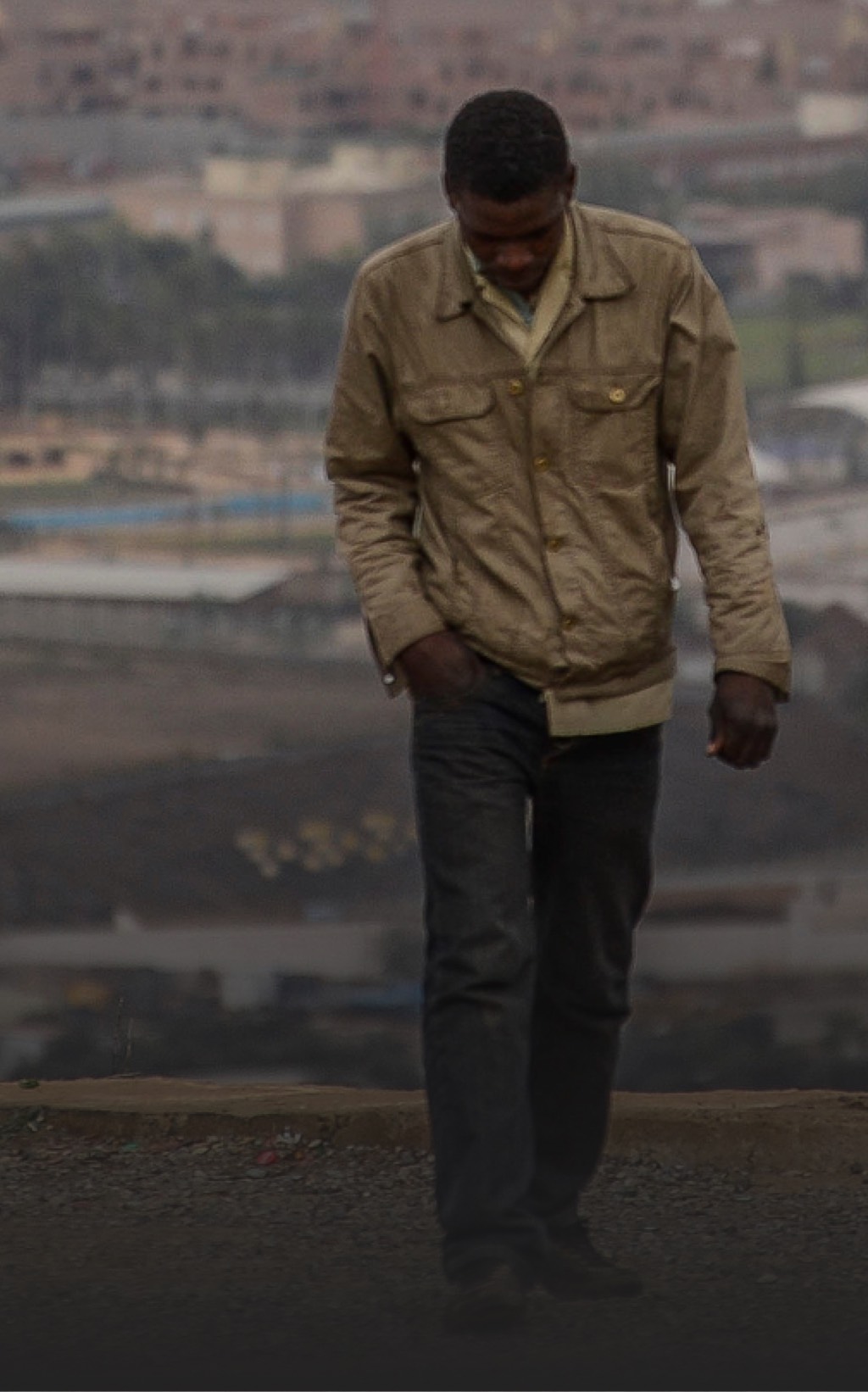
Testimonios
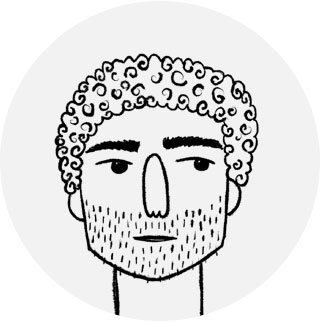
Majid Almasri
21 años - Syria
‘I still don’t know how I managed to climb the 7-metre gully which stood between Morocco and myself. They put us in a car full of petrol containers and took us to Oujda’.
My family had already sought refuge in Spain and they were waiting for me, I was the last one to arrive. When I set foot in Algeria, a very strange feeling came over me. I hadn’t seen my parents for more than one year, but I was closer to them now.
After three days, I contacted a human trafficker to take me across the Moroccan border for 500 Euro. We crossed the border at night. When we arrived, the trafficker disappeared and the Moroccan police arrested a Palestinian boy and me. They put us in a room from 3:00 until 20:00 the next day. We weren’t given food or a place to sleep. We told them that we were refugees and that we needed protection. After asking us hundreds of questions, they assured us that we were safe and that they would take us to the nearest city. However, that didn’t happen. They put us in a car and took us back to the Algerian border. They pushed us and shouted that if we stopped walking they would shoot us. It got dark and we didn’t know the way. We had to cross a river and carry on walking in our soaked clothes for another four hours until we arrived at a town. In the darkness, we could hear other traffickers in the distance, guiding groups of people. We were terrified.
When the Algerian police found us, they pointed their guns at us and shouted that we should identify ourselves. We said that we were Syrian and their attitude towards us changed. They offered us water and cigarettes and were friendly. Later, one of the officers who seemed to be in charge asked me if I had any money. He searched me and found 3,000 Euro and my mobile. The next day they took us before a judge who released us. I didn’t get my money back.
For two and a half months, I lived in Algeria in very bad conditions. I rented a house with other Syrians. We would sleep on the floor, surrounded by cockroaches and rats. The toilet was a hole in the ground in the patio. We didn’t even have a shower. I needed to somehow get 500 Euro to try my luck at the border again.
The second time I walked for more than three hours in the middle of the night. We got to a gully with a 7-metre drop. One of the smugglers warned me that the police were behind us and that they were going to catch us. When I jumped off the gully I injured one of my legs, but my adrenaline was so high and my heart was beating so fast that I didn’t feel anything at the time. I still don’t know how I managed to climb the 7-metre gully that stood between Morocco and myself. There was a traffickers’ car waiting for us. It was full of petrol containers. We got in and they took us to Oujda. Once there we took a taxi to Nador. The taxi driver told us that he would take us to a hotel where Syrians stayed. When we arrived to the hotel, my leg was killing me.
I was in Nador for almost a week. I paid some human traffickers another 300 Euro so that they would help me cross the border between Morocco and Spain. On my first two attempts, the Moroccan police spotted me and didn’t let me pass. On my third attempt, the trafficker came with me. He told me which officer to pass by, and when we were in no man’s land, he told me ‘don’t look back, walk normally and when you get to the Spanish side show your passport to the Spanish police’. That’s what I did.
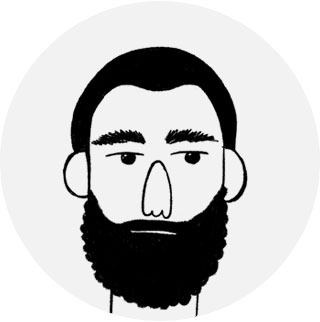
Taha
24 años - Palestine
‘After spending the night in Nador, we tried to cross the Melilla border. Everyone else made it but they stopped me.’
My parents were Palestinian refugees in Syria. I grew up in the Palestinian refugee camp in Yarmouk (Damascus). When the camp became an inferno, I travelled to Algeria to continue studying. However, once I completed my studies I wasn’t allowed to renew my residency card.
With just the clothes on my back and without any documentation, I decided to go to Morocco. I contacted a trafficker and three days later, we met in Magnia (Algeria). We were a group of young people, each of us paid 300 dollars and he took us to the border. He made a signal to the on-duty police officer, who lifted the fence and let us run across: we had entered Morocco in broad daylight.
There was a car waiting for us on the other side that would take us to Oujda and from there another car would take us to Nador. After spending the first night in Nador, we tried to cross the Melilla border. Everyone made it except for me. For a week I tried to cross the border dressed as a cyclist, a porter, hidden in a crowd, etc. I showed up with a different costume every day so that I wouldn’t stand out, but they always stopped me, just me. One time they handcuffed me and took me to a room where I was held for 4 hours while they asked me questions: Who are you? What are you doing? Where do you want to go? Why? Why and why? I remember how badly they treated me and how anxious I was to know whether I would get out of there.
After spending almost a month in Nador, I hadn’t lost faith, since I still had one option left: swimming.
I was alone, it was 1:30 at night, I didn’t have anything on me, except my passport, which I had carefully wrapped in plastic and tied to my body. It was very windy and the sea was rough. My last thought before jumping into the water was that I didn’t want to die.
I swam for four endless hours, fighting against the waves. I was surrounded by only water and in the distance, I saw the light that showed me the finish line: Melilla, Spain.
It was still night when I arrived. I felt that I was unconscious for a few minutes. I suddenly hit rocks. They were covered with sea urchins, so their spikes got stuck to my legs. I woke up and with the little energy I had left, I managed to get to land, where a group of people fortunately helped me.
It has been a long time since that fateful night, but I still remember it as if it were yesterday. To this day, I live in Spain because I didn’t find the protection I was looking for in Morocco and I still hope to be reunited with my family who are still struggling to survive in Yarmouk. They are Palestinian refugees. They don’t have a passport that they can travel with. They are refugees in a host country that has been destroyed by war.
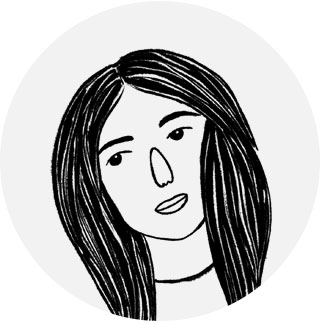
Fátima
35 años - Syria
‘We got a visa to Mauritania, in order to cross Mali to reach Algeria. Afterwards, we spent three weeks at a hotel in Nador’.
The situation in Lebanon was desperate. We had no documents, no access to healthcare, we were living in complete poverty and I couldn’t send my children to school. For the sake of my family, my husband and I decided to try to get to Europe and seek asylum.
Other Syrian refugee friends of mine had told me that in North Africa there was a city called Melilla which belonged to Spain, that is, to the European Union, and that there you could apply for International Protection. We requested a visa to Algeria. Despite the fact that we could prove that we had money as a guarantee, we were refused the visa twice.
Then, we decided to take the children to Sudan, paying a large sum of money, in order to get to Egypt illegally. We thought that we could start a new life in Egypt, and forget about Europe. We registered at the United Nations and we waited, waited and waited. What we found was very similar to Lebanon. My husband and I only thought about how we were going to provide our children with shelter and food, how we were going to give them an education when our life savings ran out, the money we had made after selling everything. Indeed, we were running out of money. We had to take a risk. We had to reach Melilla. If we didn’t want to watch our children drown in the sea, we had to get to Melilla.
We got a visa to Mauritania, in order to cross Mali to reach Algeria. After contacting human traffickers, we paid 1,500 Euro per adult and 1,700 Euro per child. The route was extremely dangerous. We knew that the militia could stop us at any given moment and steal all of our belongings at gunpoint. We had heard of stories of African boys who said they had no money and were shot and abandoned in a ditch in the middle of the dessert. In the lorries and buses, we travelled with very young boys from the sub-Sahara. We only had water and biscuits for the journey. I prayed all the time that everything would be okay, that I wouldn’t get raped, that my children wouldn’t be hurt. We had never been so scared in our lives.
We finally arrived in Algeria and the first thing we did was register with the United Nations. A human trafficker offered to guide us to the Moroccan border for 2,000 Euro for the whole family and we accepted. We crossed the border at night. We were carrying the children and we had to cross a river. We were walking quickly and could barely see anything. My husband was exhausted. I begged my children over and over not to cry or make noise.
We stayed in a hotel in Nador for three weeks, trying to negotiate with one smuggler after the other. All of them requested a lot of money for the children. In the end, a female Moroccan trafficker, who seemed to know everyone at the border, charged us 1,000 Euro each to help us get to the Spanish border. We arrived in Spain with hardly any money. We had spent all of it, but we were all safe. My family was safe. That night, my six-year old son told me he wanted to be a veterinary when he grew up, just like me.
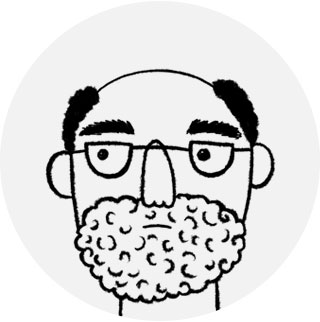
Helmi
49 años - Yemen
‘My intention was not to get to Spain, just any safe country where my family could live in peace, without the fear of dying in a bombing. Since I could not request asylum at the embassy in Algeria, I had to go through Morocco to reach Melilla.’
The situation in Yemen was desperate. My family and I belong to a persecuted minority. When the war reached the area we are from, Taiz, in the south of the country, I was very afraid to see my children die. One of them was injured during an aerial bombing, and that was what triggered our decision to flee the country in September 2015.
We first went to Sana, the capital, where everything seemed to be calmer, and where my second wife is still waiting with 5 of my daughters. I left Sana on my own, to lead the way for the rest of my family to join me later in time. While trying to reach Algeria, I made a first stop at a Saudi Arabian military airport, and then another in Jordan. I finally arrived in Annaba, where one of my wife’s brothers lives.
I stayed with him for 3 months, trying to get a job to earn money to continue with my journey. Afterwards, I reached Oran, the capital of Algeria, where I spent 3 more months waiting for my first wife and 2 of my youngest children, aged 2 and 4, and my injured son. They joined me in February 2016.
In Oran, we tried to seek asylum at the embassies of different countries, but no one helped us. Thus, we had to find other alternatives to be able to settle in a safe place. At the Spanish embassy in Oran, we were even told that there were no alternatives. We met a group of Syrians there. They told us that they were going to Melilla, and we decided to join them to try to reach Spain. Given the high price the journey would involve (since we knew we would have to pay traffickers), we had to leave our injured son in Algeria with his uncle; since we would not make enough money by selling the few valuable possessions we had left (mainly my wife’s jewellery).
The most difficult part was crossing the border between Algeria and Morocco. We spent a total of approximately €1,000. The traffickers left us on our own at night and we had to wait for daytime to cross the border. We were very cold and afraid that night. When we finally made it, we spent 37 days in Nador, thinking about a way to cross the border. The Syrians were the ones who explained everything to us and put us in touch with the ‘facilitators’. We paid them €600: €300 for my wife and €300 for my son. I crossed with my daughter in my arms, without paying. They didn’t even stop me. However, I was very afraid that I would be sent back to Morocco, after everything we had been through to get there.
In Yemen, we had a status, a good job. We have university studies; we could integrate with any society. I feel very lucky that I’ve been able to get this far, and I want to give something back to the society that takes me in. I would also like to reunite my family, bring my other wife and my daughters here, and be able to live together in a safe country that doesn’t seek out conflicts. I want my children to have the opportunity to study, look for a job and make the most of their lives. All in all, to get our lives back.
Resource Map
Click the locations to see the entities that provide assistance to migrants and refugees in Morocco and Spain.
Situation in Morocco
Morocco still has a long way to go to guarantee an effective asylum system and to ensure that Human Rights of migrants and refugees are observed. In order to achieve this, a change of approach is required, both concerning the policies of Morocco, the EU and its Member States (particularly Spain), which focus their efforts on turning other countries such as Morocco into the police officers of their borders, putting security above human rights and lives. Morocco, Spain and the European Union must implement migration policies that bring people and Human Rights to the forefront. Until this happens, the rights of migrants and refugees will continue to be violated, and they will be seriously unprotected and defenceless throughout their migration journey.
Ver links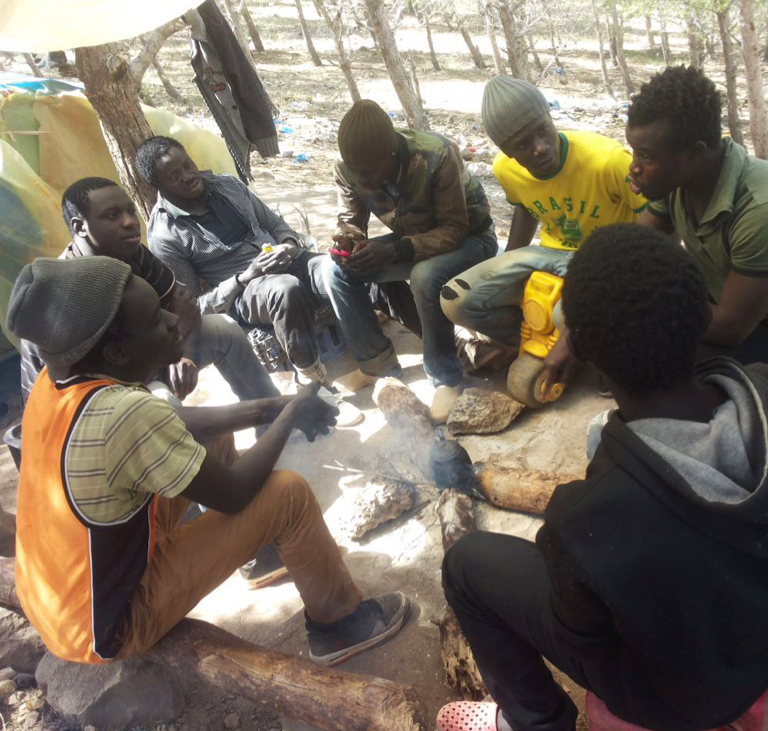
Relevant Materials
List of resources
Descargar pdf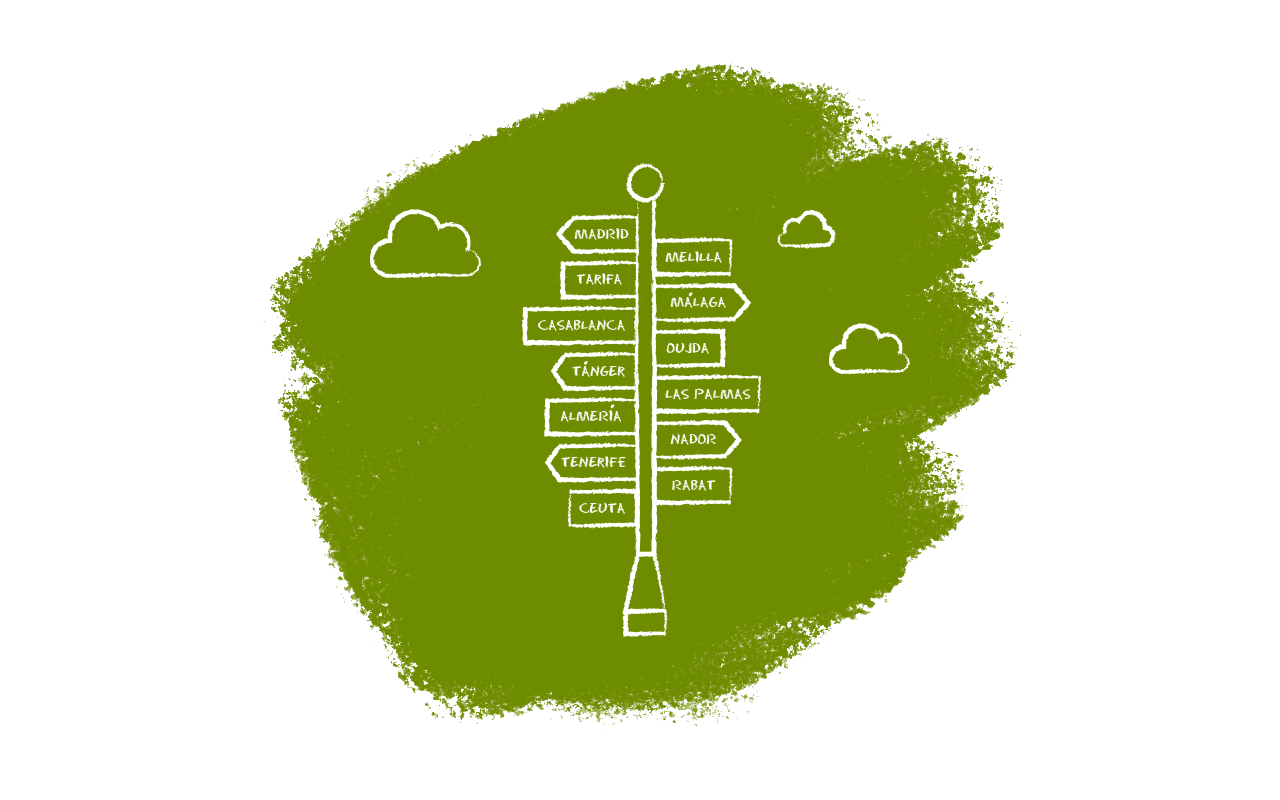
Identification guide for asylum cases
Descargar pdf
Project brochure
Descargar pdf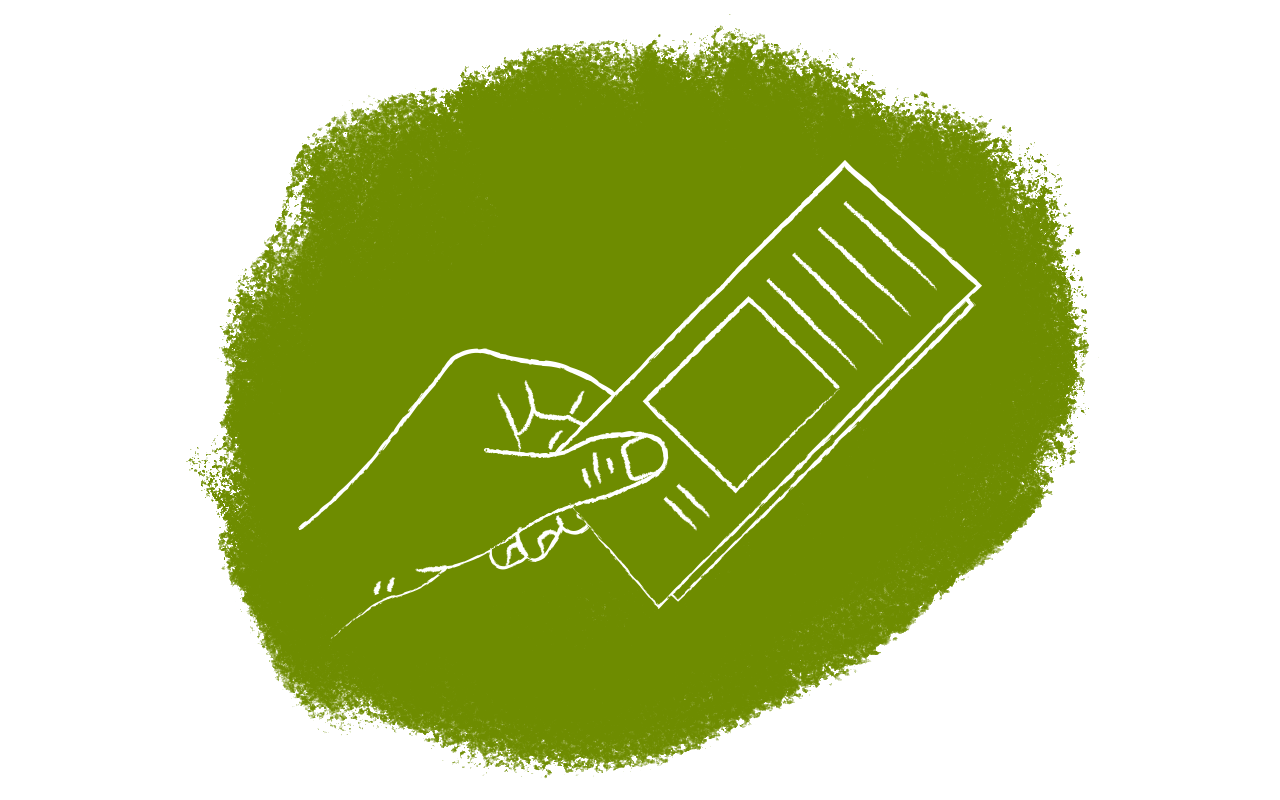
Workshop compilation dossier
Descargar pdf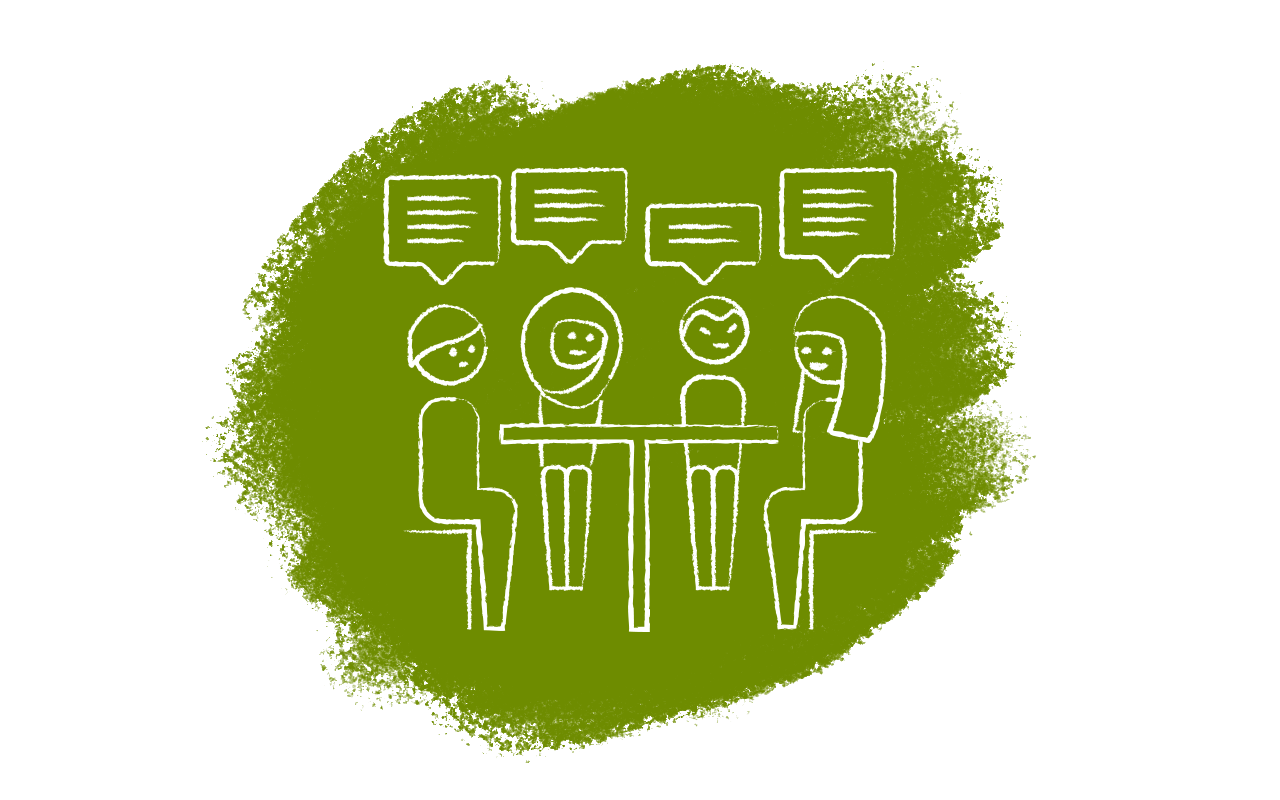
Awareness-raising materials
Descargar pdf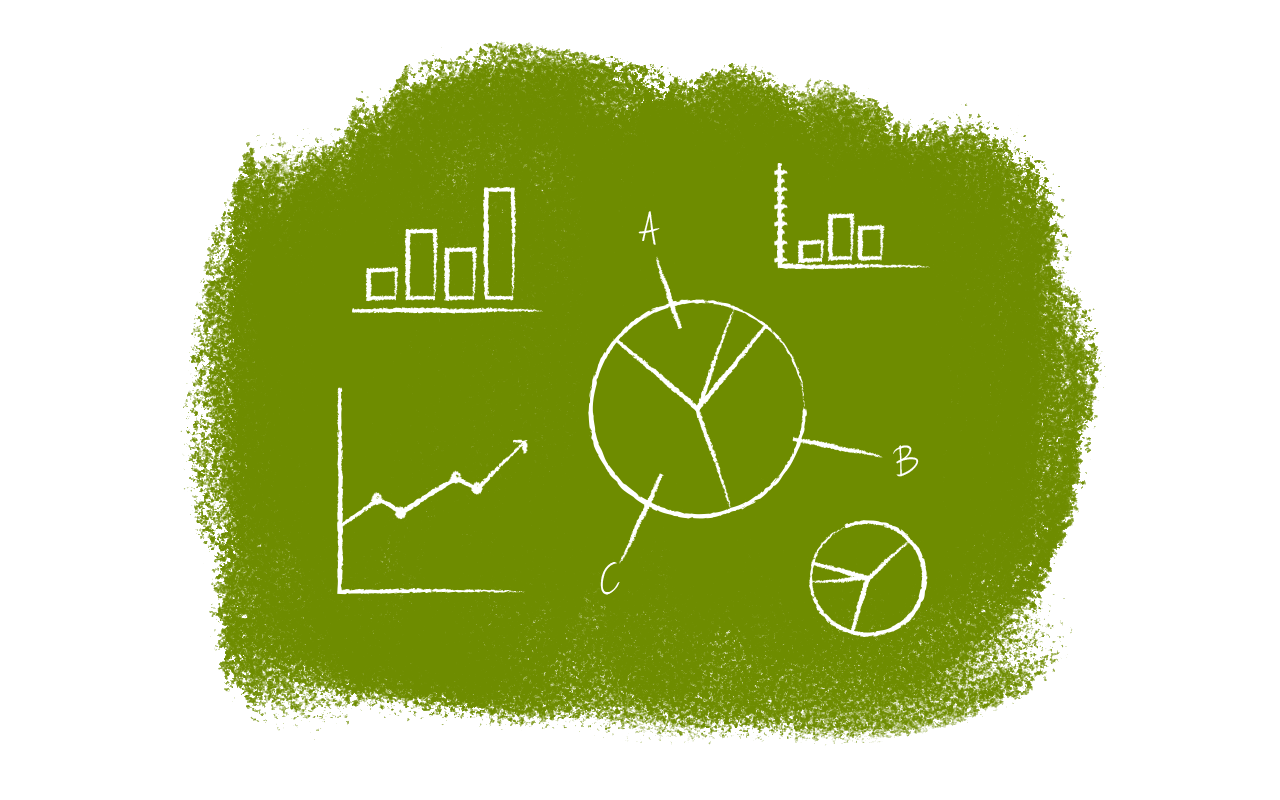
Pictures
Descargar pdf